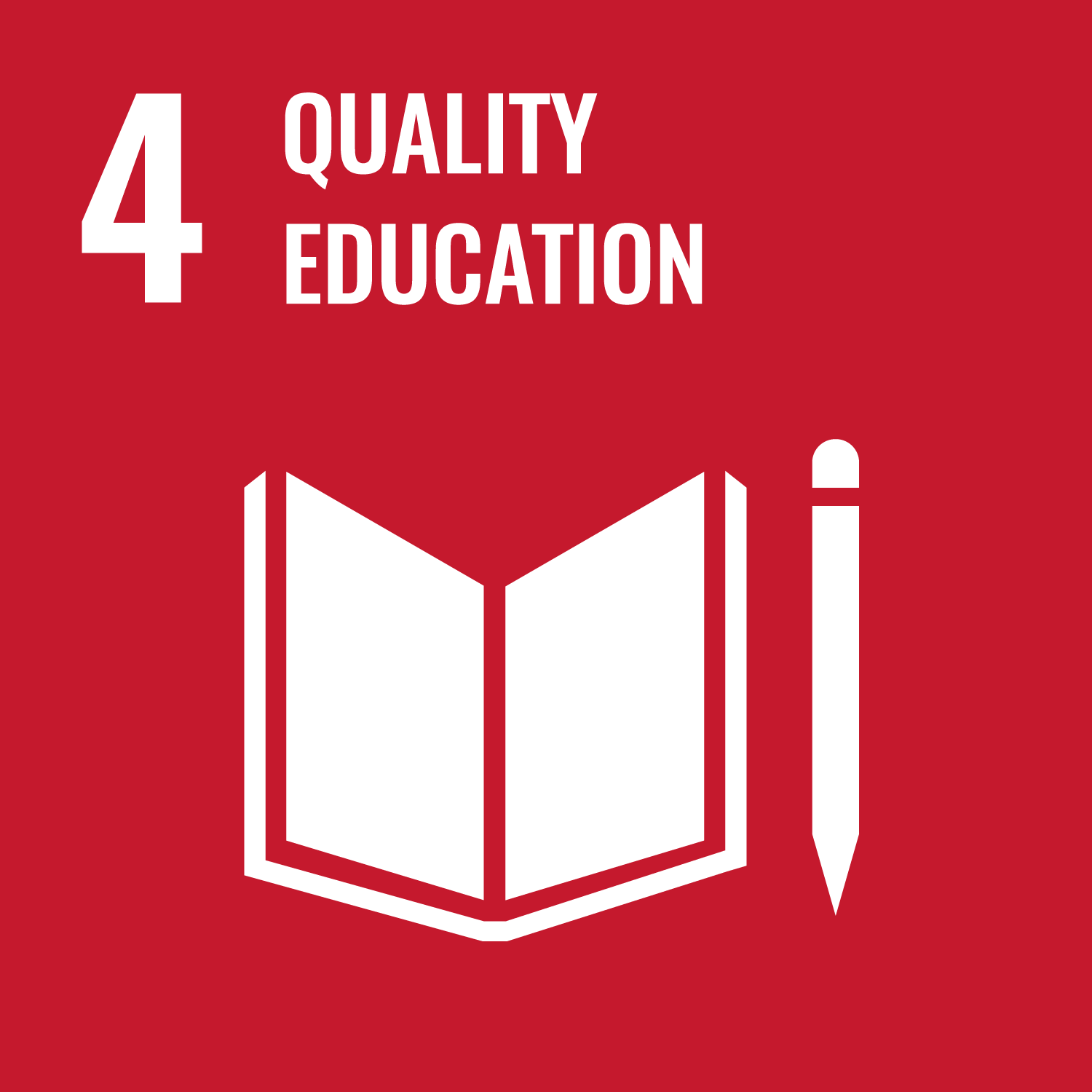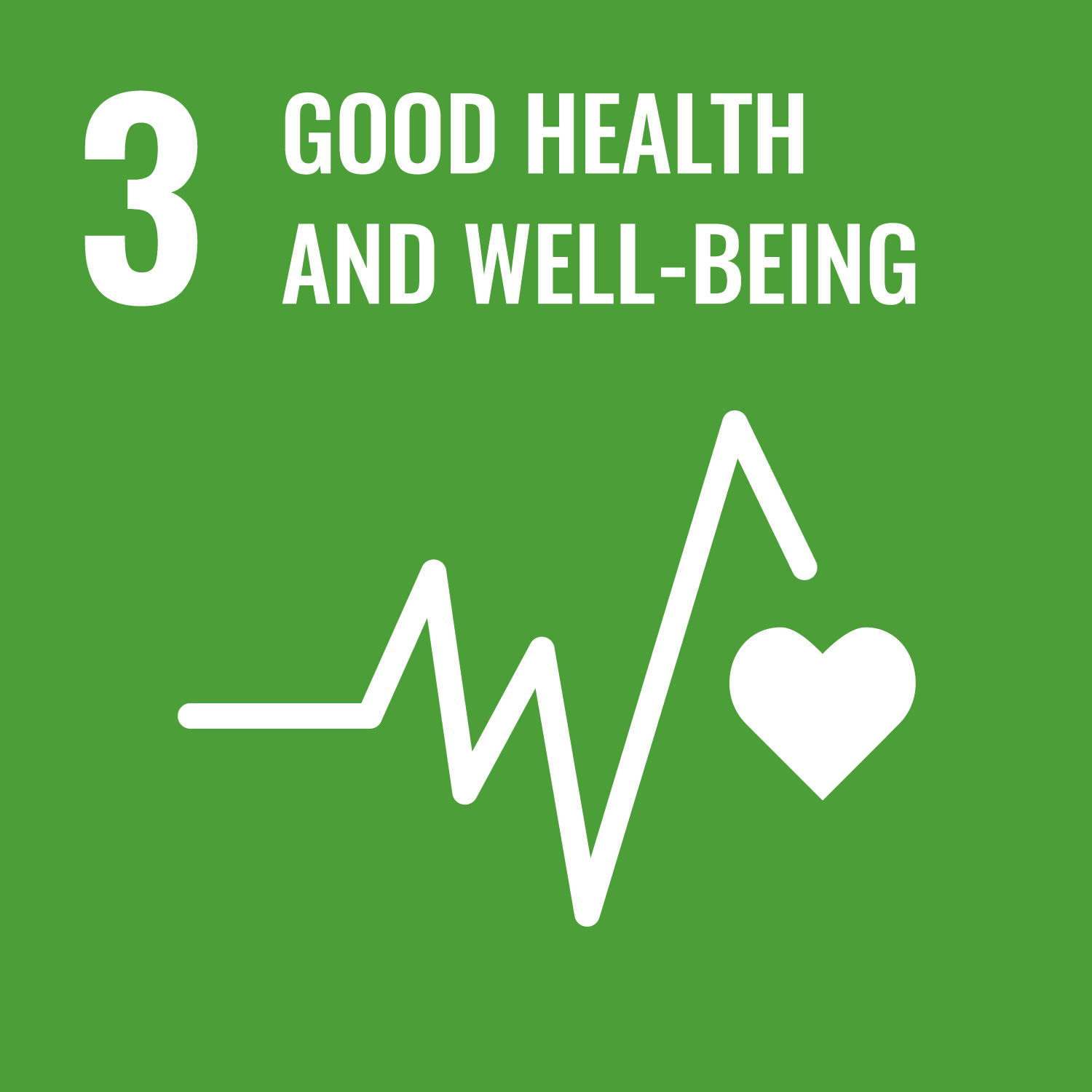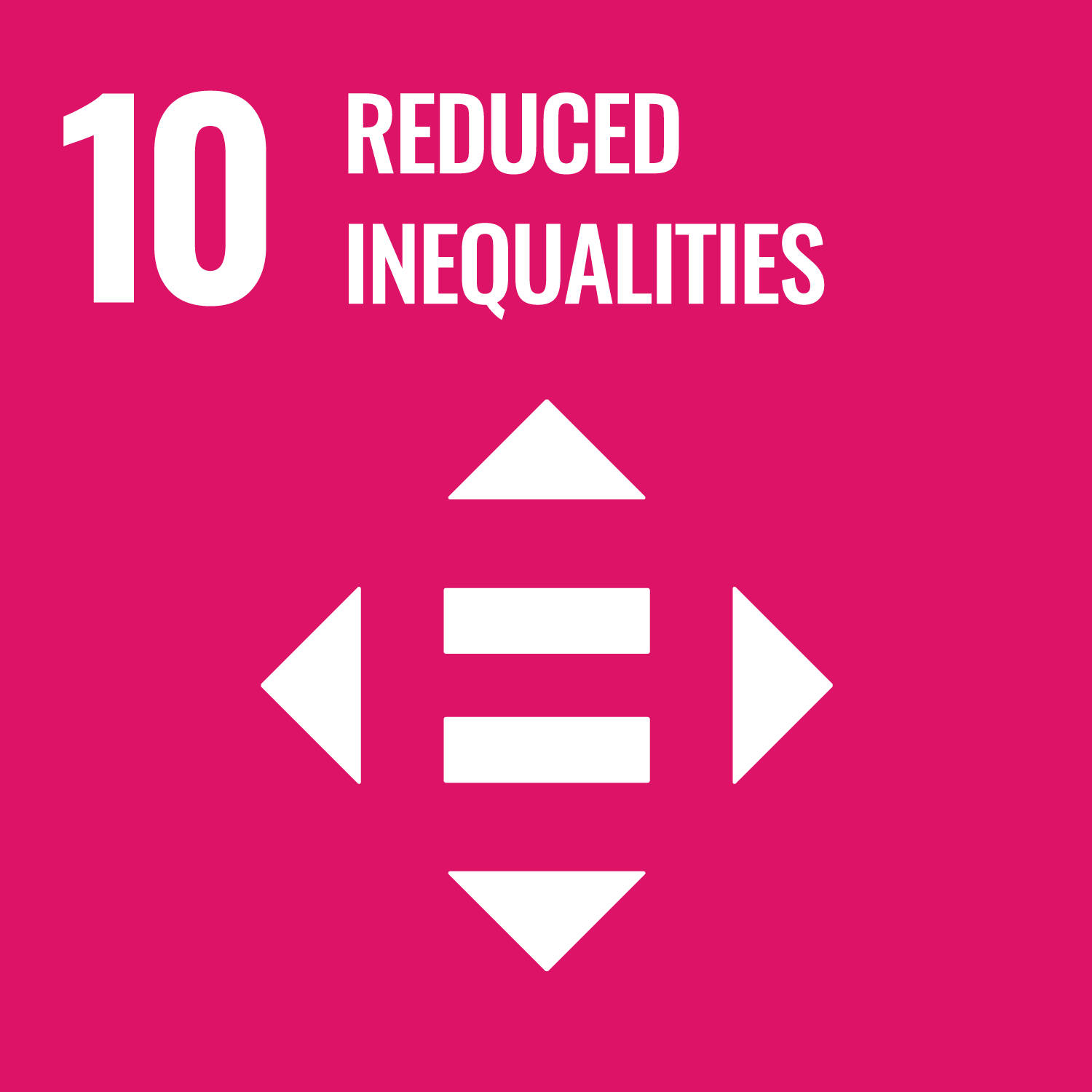Volunteer as Therapist
Practical details
Volunteering • Project role (Temporary)
Contact person
J Lo
#65717
Scan me or visit platform.madforgood.org/o/muhibbahfoodbankmalaysia-Little-Angels-Nurturing/opportunities/Volunteer-as-Therapist/65717 to join
Volunteer at a school or special care centre for children and/or adults with various levels of physical and intellectual disability
About the Program
Special Care facilities and schools, that cater for children and adults with disabilities, are very much in short supply in Malaysia. Besides this shortage of facilities, the few that do exist often face various challenges on a daily basis (extremely high operating costs, staff shortages, ageing equipment, etc.). The children at these facilities have profound intellectual and physical disabilities and require round-the-clock care. Basic skills like feeding themselves, using the bathroom, walking, talking and even general playing are all very challenging tasks for them. The children will more than likely, never be completely independent, and total care will be required for the rest of their lives.
This program is ideal for those studying and working in the field (Occupational Therapy, Physiotherapy, Psychology, Speech Therapy, etc.)! Even if not qualified, volunteers bring affection, attention and love. "Special-needs" children require this on a constant basis throughout the day and volunteers provide these extra hands and eyes.
Structure and Facilities
- Full equipment with Snoezelen Room and Sensory Integration Room
- Resources available and level of trained staff
- Hostels will be provided
- Placements available in the local communities only
LANC and LAECC are supporting Special Needs centres for people with mental diseases.
The Volunteer's Role (depending on the centre where volunteers will be hosted the various activities and tasks may include):
- Support to services provided to the centre's guests such as psychotherapy, neuro-psychomotor therapy, educational training
- Support, participation or teaching in artistic or creative workshops (e.g. theatre, music and handcrafting), activities supporting the development of enhanced personal autonomy and/or recreational activities
- Desk support in communication, marketing and fundraising with activities such as web editing, social media management, campaigning, content production and grant-making activities
The centre works with:
- Primary, Middle and High School students
- Local Health Authorities
- Rehabilitation Centres
- Neuro-psychiatrists, psychotherapists, neuro-psychomotor therapists, speech therapists and psychologists; new professionals with sociocultural mediation experience
- Professionals and experts in the areas of education, labour, sports, music therapy and those who are specialised in applying therapeutic and integration processes applied to working and social environments.
Malaysia is currently in the process of reforming the legislative provisions addressing issues that affect people with disabilities. Nevertheless, structural shortcomings still exist especially for what concerns access to basic services that may enhance their capacity to self mobility and independent living, economic self-sufficiency as well as health outcomes. The burden of this ineffective integration inevitably falls on the families of individuals with disabilities. A stronger commitment is needed for both individuals affected by disabilities and families that support them.
A disability is not necessarily an inescapable condition resulting from pre-existing health issues. It is also a consequence of the negative interaction with an inhospitable and hostile environment. Any innovative initiative requires measures designed to break down the barriers that hinder inclusion on a daily basis of people affected by disabilities within our society.
Special Needs organisations intend to focus not only on people with disabilities, but also on those who interact daily with them, such as teachers and parents, friends and colleagues. The aim is to create a best practice that can be duplicated over time in order to ease the issues associated with these conditions. This approach depicts a multifaceted, non-partial and educational development method made readily available to those who have a disability and also to those who want to interact effectively with them.
Related to
About Little Angels Nurturing
Little Angels Nurturing Care Centre and Loving Angels Enhancement Care Centre are a charitable non-government organization that provides Special Education Needs (SEN), Vocational, Training and Therapy for children with special needs. Loving Angels Enhancement Care Centre operates 2 special needs centres that provide therapy services to individuals with a variety of developmental, physical, and cognitive disabilities. Some common conditions that our qualified therapists work with include autism, cerebral palsy, Down syndrome, and other learning disabilities. Our Special Need Centres are also well equipped with excellent facilities.
See more opportunities by Little Angels NurturingThis volunteering opportunity is expired You can find other volunteering opportunities here.



